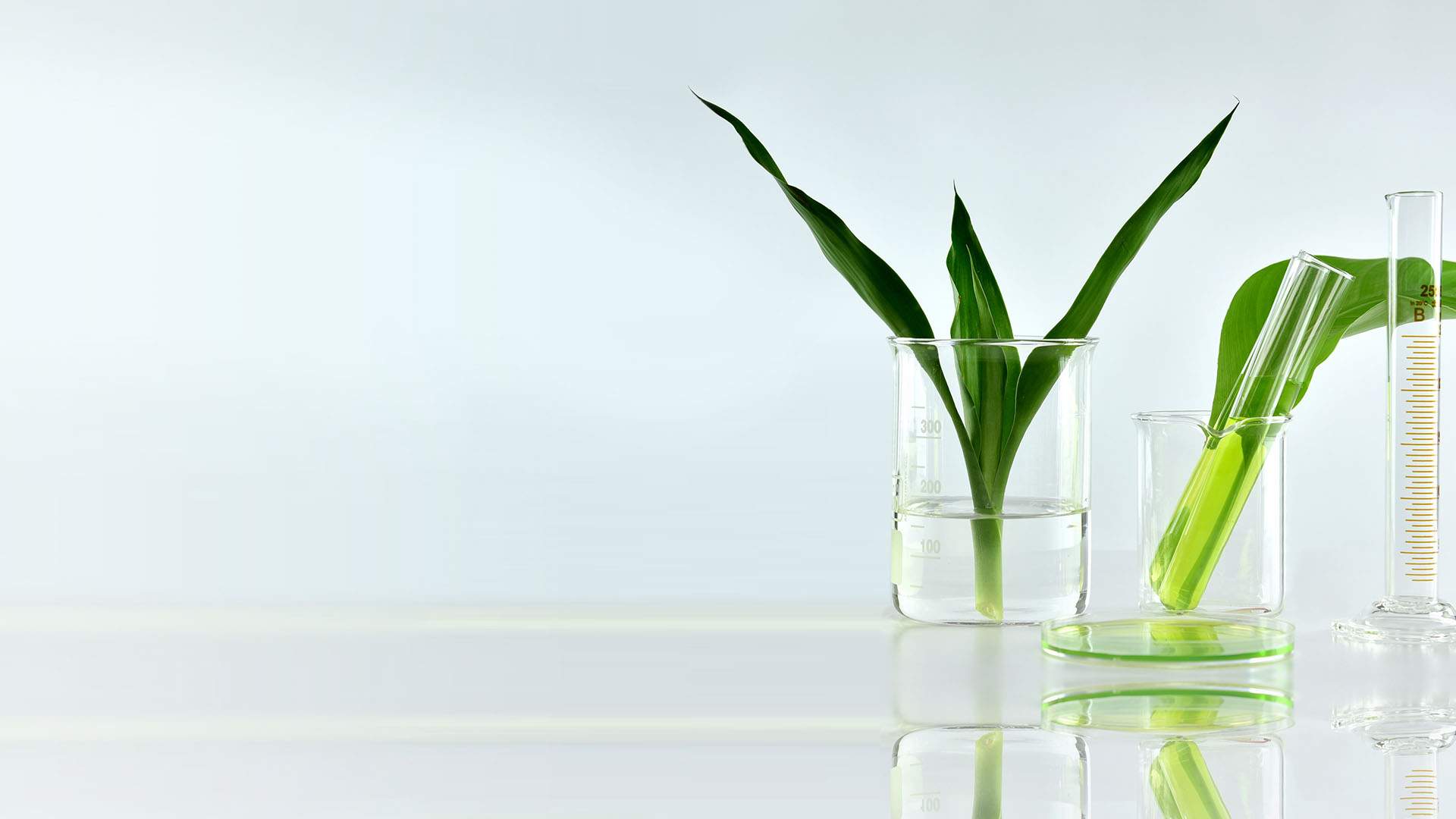As a matter of principle, animal experimentation is not acceptable on medical and ethical grounds because any conclusions drawn from animal experiments are not transferable to humans, due to the differences between the species. Transferring and implementing findings for humans is a simple game of chance to the detriment of both people and animals. People sustain demonstrable harm from non-transferable, misleading results from tests on animals (E.g. Contergan and Lipobay). Advocacy groups have used the widespread justification that animal experimentation benefits peoples’ health. This unscientific theory stops research being done on really effective therapies and sensible testing methods. Many doctors and even former animal experimenters have realised this and are protesting against every form of animal experimentation. Some examples: Dr. Peitro Croce, the author of the book “Animal Experimentation or Science”, (published by CIVIS Massagno/Switzerland, ISBN 3-905280-05-7), and the former animal experimenter Dr. Christopher Aderegg, who worked as a physician and biologist in the USA between 1979 and 1988 and conducted animal experiments in Switzerland until he realised that this animal cruelty led to findings which were harmful to people. Thereupon he founded the “Association for the Abolition of Animal Experiments” in Zurich, Switzerland (further information by and on Dr. Anderegg can be found on the internet at http://www.animalexperiments.ch). In Germany there is the organisation “Doctors against Animal Experiments” (on the internet under www.aerzte-gegen-tierversuche.de). The list of doctors and scientists who have come to the realisatino that animal experimentation is not in people’s best interests on ethical and health grounds continues to grow.
Why then do animal experiments till occur? Why do the population and their elected politicians not confront the issue of anumal experimentation? The answer is because “outsiders” (which includes most doctors) find it difficult or impossible to gain insight into this domain, which is distorted in the public eye, and to discover the atrocious truth about animal experimentation, and because the “insiders” who profit from animal experiments have obvious motives (financial benefits, career ambitions) for not wanting anything changed. Politicians must invest time and effort in understanding the associations and then have the courage to pass laws against the powerful parties involved. Lately, after the federal elections in September 2002, the last illusionists finally realised that the majority of policians do not conduct their practise based on moral principles but on the morale of the population and the interests of powerful industrial organisations and unions. It also shows the contradictary nature of politics, to incorporate animal protection in consistutional law and at the same time to stand by indifferently whilst animal experiments and other animal cruelty is carried out.
When we are truly honest with ourselves and have the courage to question our own conscience, we are bound to reject, among other things, animal experimentation and the consumption of meat. Yet isn’t the pressure to enjoy meat (and sausage) always expected from partners, friends and the people around one, when one stops eating meat? Is it therefore not a good solution to stick to organic meat from farms keeping animals in their natural environment?










